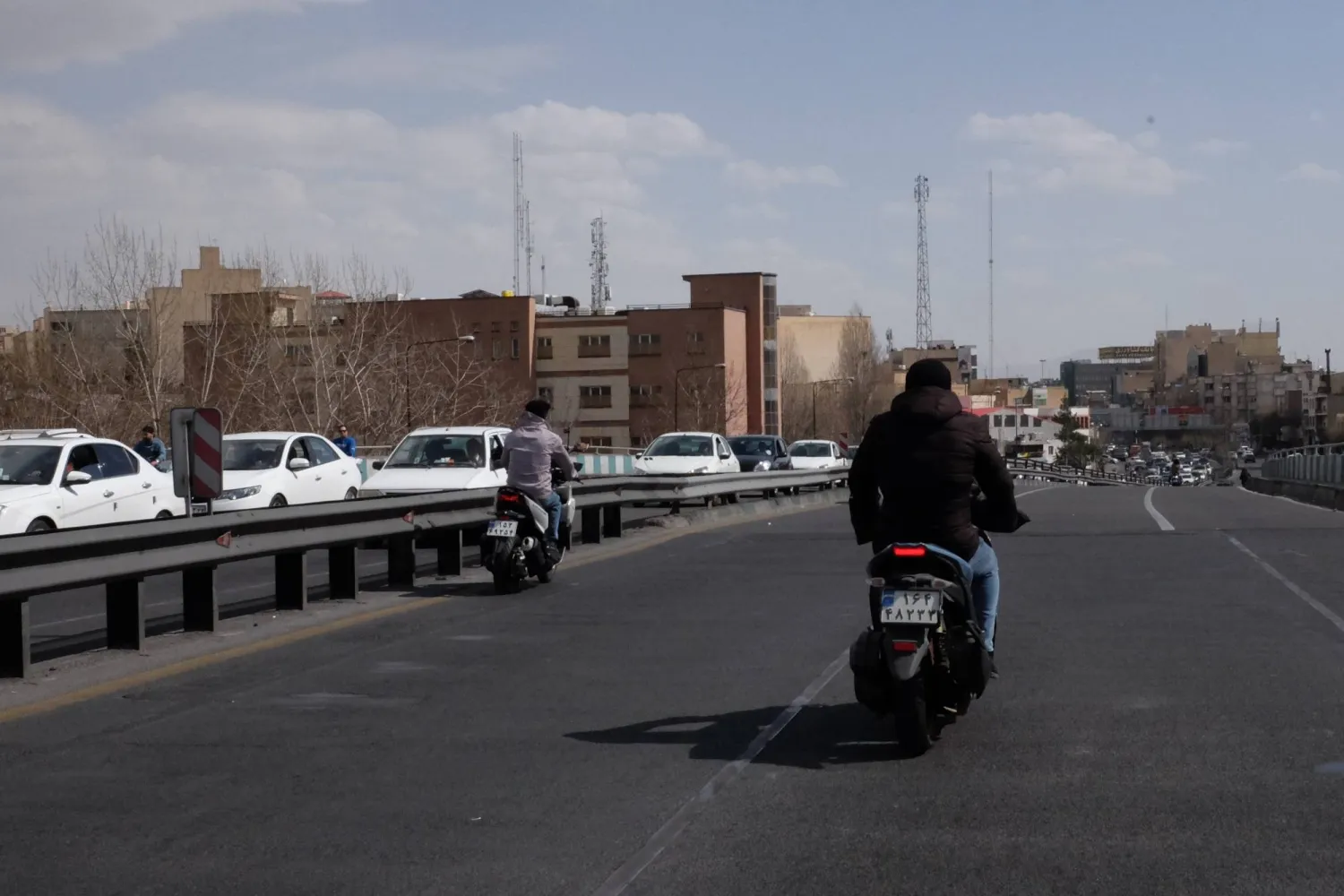Most Palestinian refugees living in camps in southern Lebanon or near Beirut have fled following escalating Israeli strikes, the head of the United Nations agency on Palestine refugees said on Friday, drawing parallels with mass displacement in Gaza.
UNRWA chief Philippe Lazzarini told Reuters that the agency continued to provide services to the most vulnerable left behind - and that repeatedly fleeing was sadly "part of the history" of Palestinians.
"Now, that's part, unfortunately, of the plight, but if you compare with what happened also in Gaza recently, you might have heard me describing how people are constantly being moved like pinballs. And one of the fears is that we replicate a situation similar to the one we have seen until now in Gaza," he said.
Israel has ramped up strikes across southern Lebanon and on Beirut's once-densely populated southern suburbs over the last three weeks, issuing evacuation warnings for more than 100 towns in southern Lebanon and neighbourhoods near the capital.
They include evacuation warnings and strikes on the Burj al-Barajneh Palestinian refugee camp in Beirut's southern suburbs and Rashidiyeh Palestinian refugee camp near the southern coastal city of Tyre.
Many of the Palestinians who arrived in Lebanon after Israel's creation in 1948, and their descendants, were living in 12 refugee camps around the country, which hosted about 174,000 Palestinian refugees.
Around 1.2 million people have been displaced in Lebanon and more than 2,100 people killed in the last year, most of them since Sept. 23, according to Lebanese authorities.
Israeli leaders have accused UNRWA staff of collaborating with Hamas in Gaza, leading many donors to suspend funding.
The UN launched an investigation into Israel's accusations and dismissed nine staff, while the records of others were still being reviewed.
In July, the Israeli parliament gave preliminary approval to a bill that would declare UNRWA a "terrorist organization."
Asked about the move, Lazzarini said the agency "has never, ever been as much under assault and attack."
"A year ago, it was primarily a financial existential threat, but today it's a combination of a political and financial threat. 2025 will be, again, a difficult year," he said.
He said he would have more clarity early next year on whether the US would resume funding.
The agency was nominated to win this year's Nobel Peace Prize but just an hour before Reuters interviewed Lazzarini, the prize went to Japanese organization Nihon Hidankyo, a grassroots movement of atomic bomb survivors from Hiroshima and Nagasaki and also known as Hibakusha.
"It would certainly have been also a great message for the Palestinian refugees community. But I do believe that if we look at the impact worldwide beyond the region, the choice of eradicating the nuclear weapon is certainly a good one," Lazzarini said.









